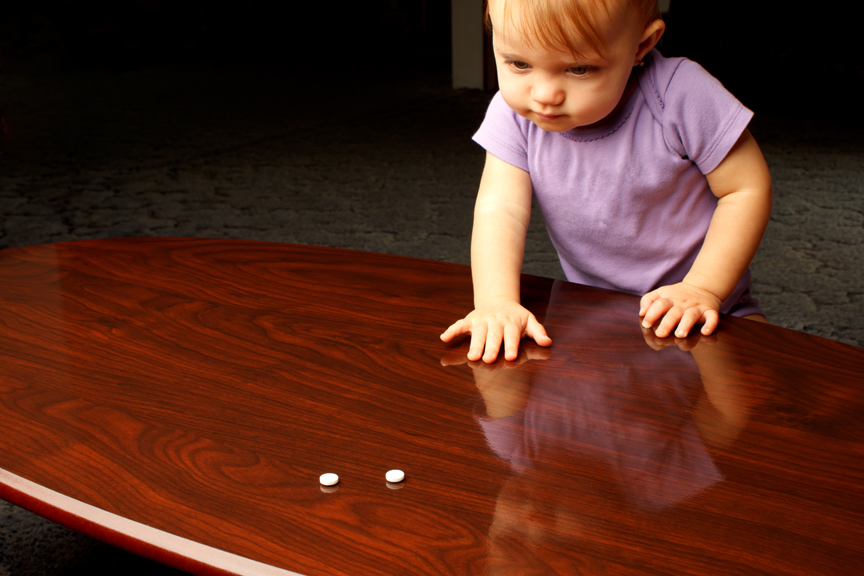- Behavior
- Health
- Parenting
Even young children need to learn about drug safety

In this article, you’ll find answers to questions like:
1. When to start talks?
2. What's the best approach?
3. What if my child acts strange?
When you start childproofing your house for those wobbly little legs, don’t forget medications that might be within grasp.
When our children are little, concern about drug and alcohol misuse is far from our minds. However, the evening news warns about the latest designer drugs while our social media feed is flooded with nightmare stories about teenage binge drinking.
1. WHEN TO START TALKS?
“Conversations need to be early, often and age appropriate,” says Jan Cairnes, chief executive officer of the Hanley Foundation in West Palm Beach. “The easiest message to give children of all ages is to model appropriate drinking behavior. For example, have a glass of wine with dinner, not a bottle; have a beer, not a six-pack.”
2. WHAT'S THE BEST APPROACH?
It’s best to speak in an age-appropriate manner, says Jeff Kadel, executive director of the Palm Beach County Behavioral Health Coalition in Boynton Beach. “Don’t tell a 6-year-old he is four times more likely to become addicted to alcohol if he drinks before the age of 15. Instead, explain some things are bad for growing brains and bodies,” he says.
Partnership for Drug-Free Kids, based in New York City, offers dialogue ideas for parents to engage children of all ages. For example, tell toddlers to never share medications and that even gummy vitamins can make them sick if they take too many at once.
3. WHAT IF MY CHILD ACTS STRANGE?
If your child appears to be under the influence of a controlled substance, call 911 or go to the emergency room. Immediate medical attention can lower the risk of overdose or long-term side effects that could impact their well-being.
SOURCES:
• Jan Cairnes, chief executive officer, Hanley Foundation
• Jeff Kadel, executive director, Palm Beach County Behavioral Health Coalition
You May Also Like
-
- Behavior
- Health
- Parenting
Lay foundation for your preschooler’s independence
Even little children yearn for independence. That's why it's OK to offer your child a little space to grow — just be available to provide guidance if they need help. Read on for mo …
Read More -
- Behavior
- Health
- Parenting
Use positive approach for your preschooler’s bad habits
Thankfully, most odd habits are not harmful, and children usually outgrow them. In the meantime, it's best to use positive reinforcement instead of yelling or punishing them. Read …
Read More
Related resources
-
- Behavior
- Health
- Other
Alcoholics Anonymous
Palm Beach County North Intergroup — hotline, meetings and additional support for those struggling with alcoholism and their families, based in West Palm Beach
561-655-5700 Website Email -
- Behavior
- Education
- Parenting
Palm Beach County Behavioral Health Coalition
Local information, events and support for parents and youth to live free of drugs, alcohol and tobacco
561-374-7627 Website Email -
- Behavior
- Health
- Parenting
Partnership to End Addiction
National resource for families struggling with substance use, including their children
Call 855-378-4373 or text a message to 55753 Website Email -
- Behavior
- Parenting
Community Partners
Positive Parenting Program, known as Triple P — free seminars and one-on-one guidance to help families improve their parent-child relationships
561-841-3500 Website Email -
- Behavior
- Parenting
Center for Family Services of Palm Beach County
Positive Parenting Program, known as Triple P, offers free seminars and one-on-one guidance to help families improve the parent-child relationship
561-616-1222 Website Email
